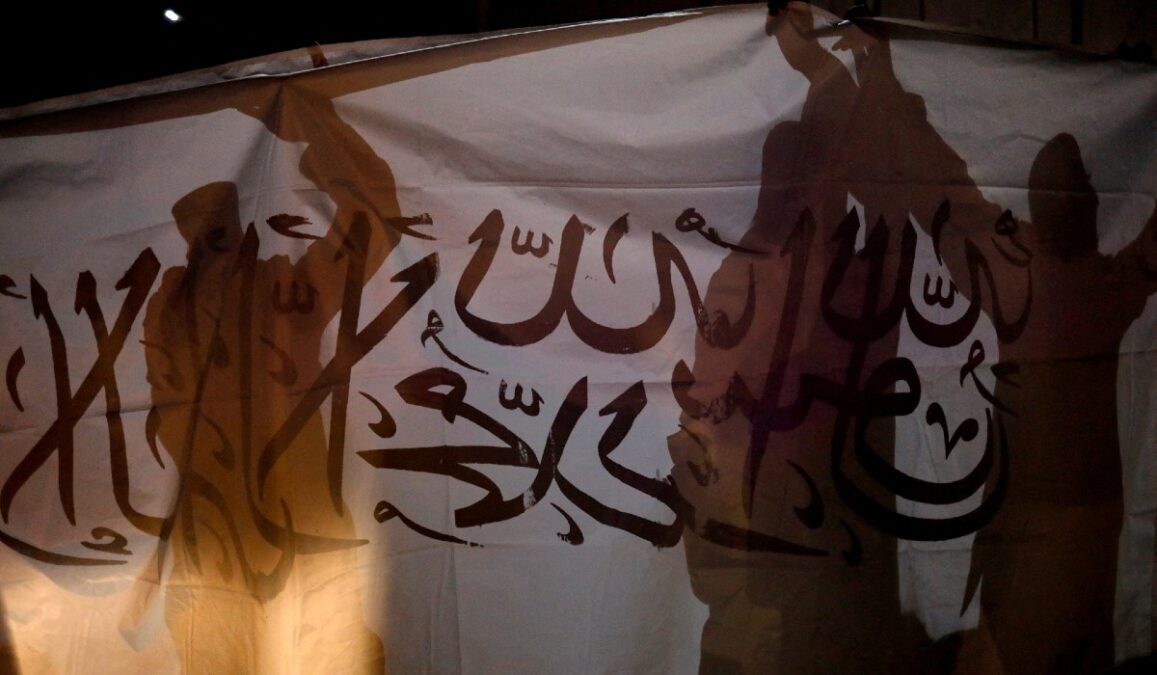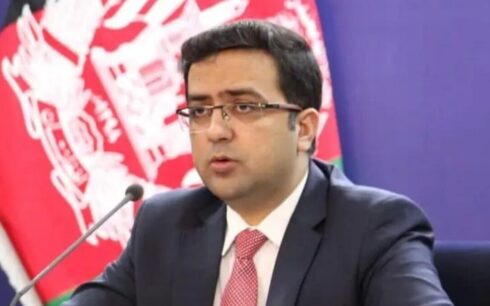Taliban spokesman Zabihullah Mujahid in a statement on Sunday rejected a recent report by the United Nations Security Council, calling it “unilateral, biased and far from reality.”
Mujahid said the continuation of sanctions by the UN Security Council is “full of discrimination and in conflict with principles of independence and non-intervention.”
“The Islamic Emirate of Afghanistan considers the continuation of UN Security Council sanctions and such reports as full of prejudice and in conflict with the principles of independence and non-interference, and calls for an end to it,” reads the Taliban statement.
He said that the UNSC report has portrayed “baseless” allegations against the Taliban, adding that the claims of rifts among Taliban leaders, the presence of terrorist groups in Afghanistan, involvement of Taliban members in drug trafficking and power monopoly are baseless and are “clear enmity with the people and the independent system and are the repetition of vain propaganda of the past 20 years.”
“We strongly reject the assessment of this report that the Islamic Emirate is helping the opponents of neighboring and regional countries or using the territory of Afghanistan against other countries, from the content of this report, it seems that either the authors do not have access to the information, or they deliberately distorted the facts, or the source of the information is the fugitive opponents of the Islamic Emirate,” Mujahid said in the statement.
He said all their decisions “are made in the light of Islamic Sharia guidelines, bilateral and multilateral commitments and national interests, and it continues to interact with the international community to address common concerns.”
The Analytical Support and Sanctions Monitoring Team of the UN Security Council has said in a report that Afghanistan under Taliban rule has reverted to “exclusionary, Pashtun-centered, autocratic policies of the Taliban administration of the late 1990s.”
According to the report, the Taliban governance structures remain highly exclusionary, Pashtun-centered, and repressive towards all forms of opposition.
The report said that the majority of Taliban ministers are Pashtun and only five of 34 provincial governors are non-Pashtun which reflects “the Taliban’s Pashtunization strategy of the 1990s, although there is more variation at the district level.”
The report also highlighted some dissent within the Taliban leadership, stating that the Taliban prioritize unity and the authority of the “leader of the faithful” (Amir al-Mu’minin), which is increasing.
“Cohesion is likely to be maintained over the next one to two years,” the report said, adding that Taliban’s supreme leader Mullah Haibatullah Akhundzada has been proudly resistant to external pressure to moderate his policies.





